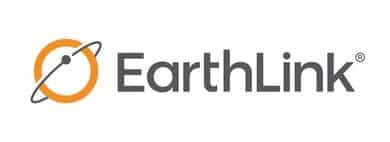Qii.AI’s web-based platform, which empowers remote collaborative inspections of critical infrastructure and assets, has been selected by the Royal Canadian Navy to improve their ship inspection program. Paired with the autonomous drones from Skydio, the system is expected to provide faster and more accurate results.
Promising Potential Across Military and Non-Military Shipping Assets
Michael H. Cohen, CEO of Qii.AI, sees the success of their collaboration with the Canadian Navy as an opportunity to expand their reach beyond military vessels.
“We are extremely proud of the success we have had so far in working with the Canadian Navy through its Sandbox program, to bring this project to this point, and we are extremely excited to commence work customizing the full spectrum of our technological capabilities, from thermal, to visual, to sonar, to fit the Navy’s unique needs. We’re very confident that once we have shown the efficiency and accuracy that we can add for Canada’s naval inspection program, other branches of the military and partner militaries will take notice.”
Aside from delivering data analytics, the Qii.AI system is expected to help the Navy to detect and quantify corrosion, cracking, delamination, and other issues in steel and concrete structures. Skydio will be providing the drones to capture the visual data needed to implement the system. According to Adam Bry, Skydio’s CEO, their autonomous drones will allow for the creation of comprehensive digital copies of vessels which may revolutionize naval inspections.
“Skydio 3D Scan automates the capture process, and partnering with Qii.AI enables an end-to-end AI-driven workflow to help operators make better decisions faster.”
The Royal Canadian Navy’s principal naval test and evaluation center, the Naval Engineering Test Establishment (NETE), will oversee the implementation of the program to ensure the engineering safety and effectiveness of naval equipment.
The collaboration between Qii.AI and Skydio offers promising implications for the future of naval inspections and remote asset inspection programs.
About Qii.AI and Skydio
- Qii.AI: A web-based platform which uses computer vision and machine learning to improve the inspection process of critical infrastructure and other assets like bridges, dams, and ships. Qii.AI is the world’s first visualization software for infrastructure inspection data that merges below the waterline (sonar) data with above-the-waterline (visual, thermal) data, to provide a single, holistic view of the asset.
- Skydio: The leading U.S. drone manufacturer and world leader in autonomous flight. Skydio designs, assembles, and supports its products in the U.S. from its headquarters in San Mateo, CA, and manufacturing facilities in Hayward, CA. Skydio is trusted by leading enterprises across a wide range of industry sectors and is backed by top investors and strategic partners.



